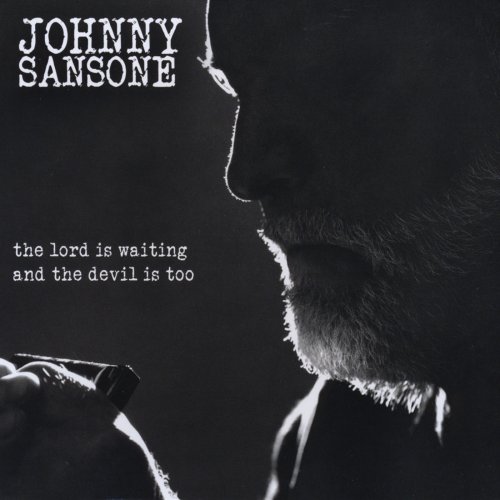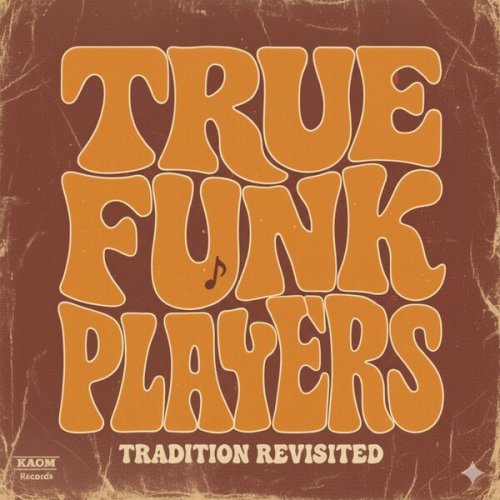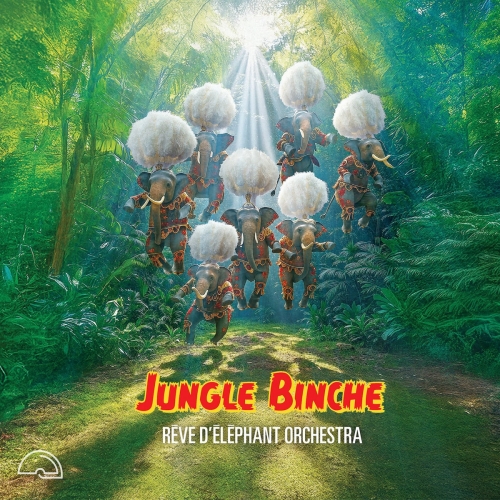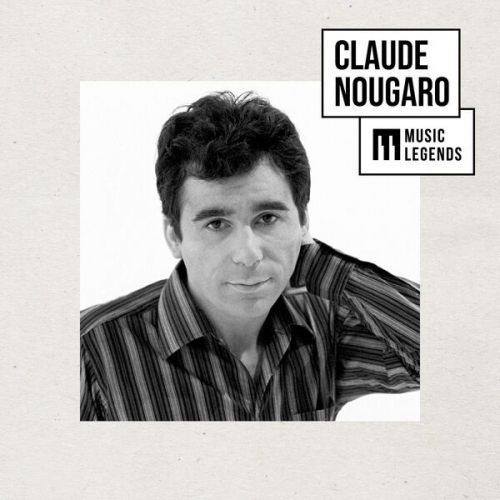Johnny Sansone - The Lord Is Waiting and the Devil Is Too (2011)

Artist: Johnny Sansone
Title: The Lord Is Waiting and the Devil Is Too
Year Of Release: 2011
Label: Shortstack Records
Genre: Jazz
Quality: flac lossless (tracks)
Total Time: 00:41:43
Total Size: 273 mb
WebSite: Album Preview
TracklistTitle: The Lord Is Waiting and the Devil Is Too
Year Of Release: 2011
Label: Shortstack Records
Genre: Jazz
Quality: flac lossless (tracks)
Total Time: 00:41:43
Total Size: 273 mb
WebSite: Album Preview
01. Sinking Ship
02. Corn Whiskey
03. Down
04. Invisible
05. Johnny And Janie
06. You Know Who
07. Wheres' Your Heart
08. The Lord Is Waiting the Devil Is Too
09. Without Love
10. Leavin"
There is plenty of darkness on Sansone's first album in five years. From the title to the stark black-and-white graphics, the murky lyrical themes, and gritty, stripped-down, bass-free trio performance featuring Anders Osborne's distorted guitar, Sansone drags his gutsy blues-rock through the swamps around his New Orleans locale. It's as tough, raw, and powerful a collection as he has recorded. The three-member format also leaves plenty of room for his riveting harmonica, which he displays in both unplugged and electrified settings. Any sense of the upbeat, party atmosphere that dotted his earlier work is erased. Selections such as "Down," "Sinking Ship," and "Invisible," the latter an incisive exploration of the homeless situation in America, bring a gruff, bluesy rock edge that remains undiluted until the final '60s slow dance-styled instrumental "Leavin'" closes the disc on a somber yet bittersweet note. Osborne, who also produces, fires off earthy, dirty guitar riffs against Galactic Stanton Moore's thumping drums on "Without Love." The instrumental "Corn Whisky" brings a menacing Bo Diddley feel to the vibe that's driving, hypnotic, and references a wicked tone mirrored in the lyrics and Sansone's sly, Cheshire cat vocals. Occasional vocal backing from Elaine Foster provides an ominous gospel/soul slant to a few tracks such as "Where's Your Heart" that further highlights the muggy New Orleans voodoo groove. Sansone excels at crafting a memorable chorus as on the title tune, but seldom have singalongs been as demonic and unrelenting as this. The ensemble work of Osborne, Moore, and Sansone, especially on the locomotive-powered harp solos that push good material into greatness, makes this album Sansone's finest, most intense release and a thoroughly galvanizing listen. He has tapped into his muse here and should continue on this admittedly non-commercial but artistically rewarding path.

![Danakil Safari - From the Soil (2026) [Hi-Res] Danakil Safari - From the Soil (2026) [Hi-Res]](https://www.dibpic.com/uploads/posts/2026-02/1771561850_h6jyygzrq1lpb_600.jpg)

![Stephen Parisi Jr. - Buddy! (2026) [Hi-Res] Stephen Parisi Jr. - Buddy! (2026) [Hi-Res]](https://img.israbox.com/img/2026-02/20/fvrxk8mfalmhx2kjnbwaetofm.jpg)

![Ricky Alexander - Ragology (2026) [Hi-Res] Ricky Alexander - Ragology (2026) [Hi-Res]](https://img.israbox.com/img/2026-02/20/u639cld2jig2t4c8jzdm3cvgb.jpg)

![Tom Oren - Dark Lights (2026) [Hi-Res] Tom Oren - Dark Lights (2026) [Hi-Res]](https://www.dibpic.com/uploads/posts/2026-02/1771427884_tdqtmzk78zgcb_600.jpg)
